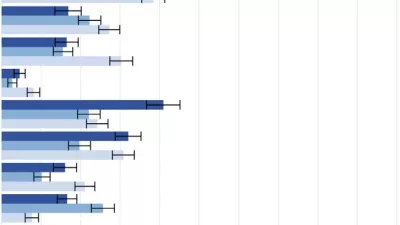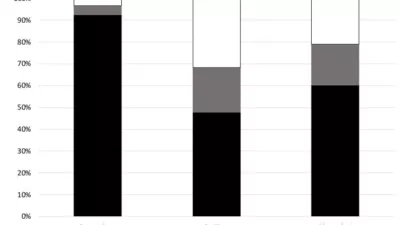HeartRescue Global project
We tracked needs, access, and quality of care for patients with severe heart attacks in India, China, and Brazil.The HeartRescue Global project aimed to improve access and quality of care for patients with severe heart attacks, known as ST-elevation myocardial infarctions (STEMIs). Three sites were selected across the globe to implement the HeartRescue Global program and carry out interventions aimed to improve awareness in the community, pre-hospital emergency medical care, and in-hospital patient care for STEMIs. The sites located in Bangalore, India and Suzhou, China operated from 2015 to 2020, and the site located in Vitoria da Conquista, Brazil operated from 2018 to 2020.
As a part of the independent evaluation conducted by IHME, the team conducted a needs assessment at the start of the program to understand how variations in the health system infrastructure, resources for health and acute CVD events, political landscape, and the sociocultural beliefs, norms and practices of the general population around cardiovascular disease impact patient access to and use of appropriate care for acute CVD events. This was done through quantitative and qualitative data collection at health facilities, emergency medical services, and households. To monitor the progress of the HeartRescue Global Program, IHME developed a tool to track progress using STEMI registry data from participating HeartRescue facilities. These registries, developed by in-country partners and RTI international, captured treatment practices and pre-hospital data that were used as a feedback tool to healthcare providers, emergency dispatchers/telecommunicators, and global partners.
The intent behind this part of the operation was to track not only improvements in performance at the pre-hospital and hospital settings, but to also understand data quality challenges for STEMI patients across all participating hospitals. In order to utilize this registry data, the research team at IHME developed code, which the HeartRescue country partners executed monthly on STEMI patient registry data to look at key indicators by time, demographic measures, and survival status. These data were aggregated on a monthly basis and sent to IHME, which were then populated in a custom-built dashboard to monitor results. This data monitoring process was constantly evaluated and reengineered to meet the needs of the teams throughout the project.
Survey instruments and protocols
Relevant survey instruments, protocols, and trainings used during the HeartRescue Global Evaluation needs assessment can be found on the Global Health Data Exchange (GHDx).
Funding and partner organizations
This novel quality improvement project was funded by the Medtronic Foundation, implemented by Research Triangle Institute (RTI) International, and evaluated by a research team at the Institute for Health Metrics and Evaluation (IHME).
The Global HeartRescue Evaluation team collaborated with and harnessed the expertise of numerous distinguished organizations to carry out this work:
- RTI International
- St. John’s Medical College and research Institute (SJRI)
- M.S. Ramaiah Medical College, Bangalore
- The University of Illinois at Chicago College of Medicine
- National Center for Chronic and Noncommunicable Disease Control and Prevention, Chinese Center for Disease Control and Prevention (CCDC)
- China Heart House
- Brazilian Clinical Research Institute (BCRI)
- Duke Clinical Research Institute (DCRI)
- Tesla Management and Technology EIRELI (Brazil)


